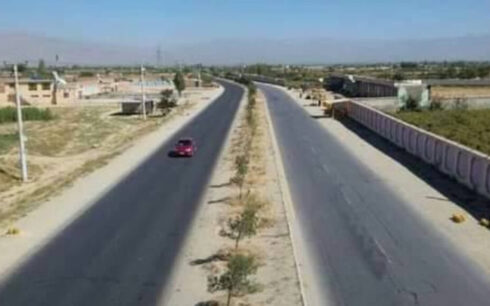The victims of Friday’s attack on Shia clerics in the city of Herat were laid to rest on Sunday. Grieving relatives and Herat residents sought justice and a comprehensive investigation into the assault.
Preceding the funeral, a poignant protest unfolded as hundreds of Herat residents rallied, demanding the swift identification of the attackers and an immediate cessation of assaults targeting Shia communities within the province.
Six lives, including two clerics and two women, were tragically lost in the attack, leaving an additional two individuals wounded.
“The perpetrators of this heinous event must face consequences for their actions, and a thorough investigation is imperative,” declared Abbas, a resident of Herat.
Among the victims were Mohammad Mohsen Hamidi, the imam of Hazrat Abulfazl Mosque, and Mohammad Taqi Sadeghi, the imam of Rasul Azam Mosque—both prominent Shiite scholars in Herat.
“The government must prioritize the security of its citizens. In recent months, we have mourned the loss of several scholars, a situation that demands urgent attention,” urged Jaffar, another resident of Herat.
However, controversy arose as it was revealed that women were not permitted to attend the funeral, sparking backlash on social media.
“The Taliban government’s reluctance to allow women at the funeral suggests a fear of potential shifts in public sentiment. Complaints about the political, economic, and cultural landscape, coupled with the denial of education to girls, are resonating among the populace,” observed Mohammed Naeem Ghayur, the former director of Herat intelligence.
Over the past ten days, Herat has witnessed a concerning trend. In the Jibril district and the 13th district of the city, separate attacks by unidentified assailants claimed the lives of four Shia religious scholars. Protesters perceive these attacks as targeted and vehemently call for an end to such violence.





